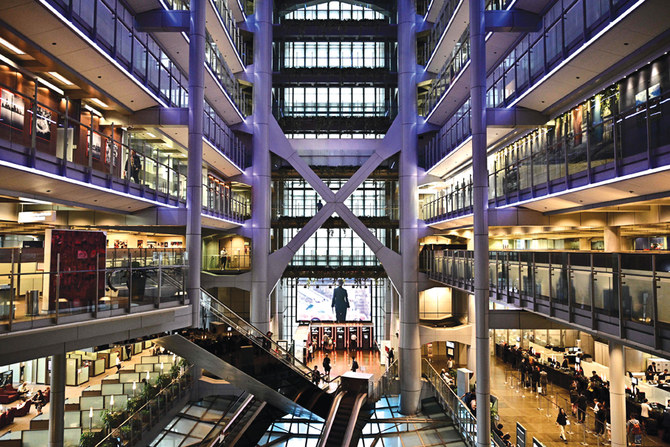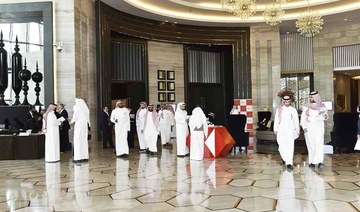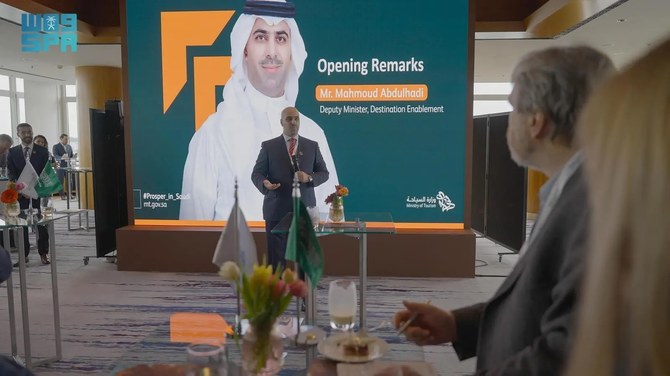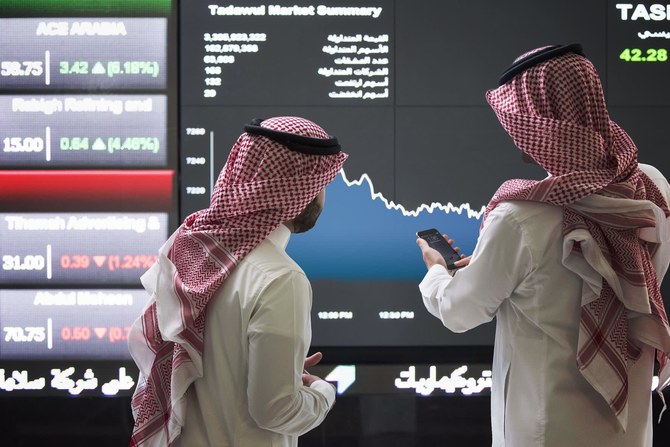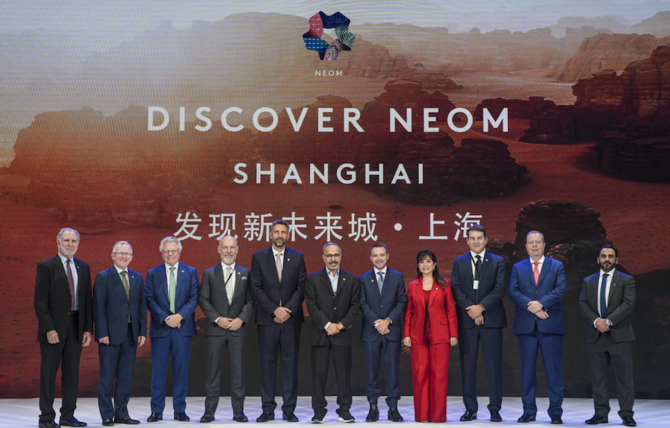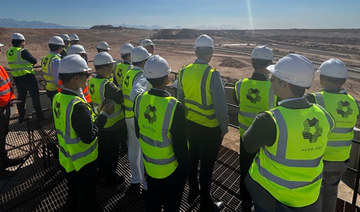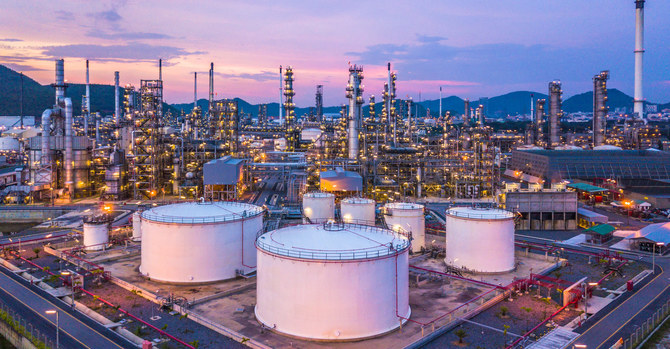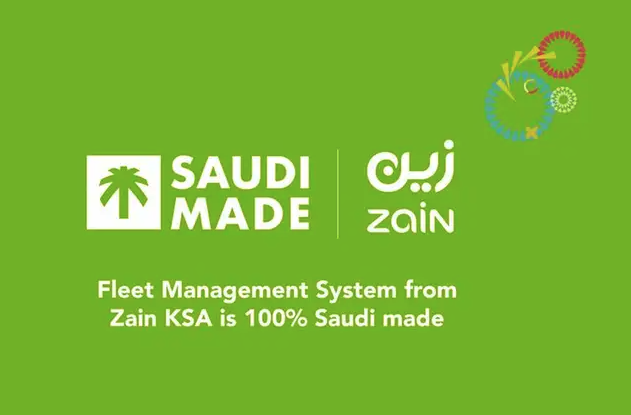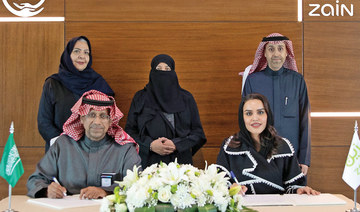HONG KONG: HSBC Holdings beat forecasts with a 31 percent rise in first quarter profit, bolstered by a surge in income from its core Asian business and lower costs that outweighed a poor performance from investment banking.
Reining in costs has been one of the biggest challenges for HSBC Chief Executive John Flint, with the bank last year missing its target of “positive jaws” — which tracks whether the bank is growing revenues faster than costs.
Europe’s biggest bank by assets said operating expenses dropped 12 percent in the January-March quarter, helped by one-off sales in its retail and commercial businesses and the non-recurrence of US regulatory fines for past misdeeds.
Profit before tax rose to $6.21 billion from $4.76 billion in the same quarter last year, above the $5.58 billion average of analysts’ estimates compiled by the bank.
The results for the London-headquartered bank, which makes the bulk of its profits in Asia, showed both the benefits and costs of its global reach and business mix, at a time when other European lenders are shrinking.
While HSBC’s US business continued to drag down the group and its investment bank fared poorly compared with peers, the bank grew revenues 7 percent in Asia and saw income in its retail and commercial banking divisions rise around 10 percent.
HONG KONG“HSBC has been one of the few banks reporting first quarter earnings that showed a favorable revenue mix,” analyst Joseph Dickerson at Jefferies said.
HSBC’s shares rose 2.5 percent in London, against a 0.5 percent rise in the STOXX European banks index.
HSBC’s trading business had a poor first quarter, in common with many of its US and European rivals that saw revenues fall in subdued markets.
HSBC’s stock traders did particularly badly, with revenues tumbling 34 percent excluding a favorable one-off provision, the worst performance of an equities business in the quarter among major US and European banks.
While HSBC has been boosting spending to raise its market share in businesses such as retail banking and wealth management, investment banking has struggled with staff departures and slower revenue growth.
The banking division, which advises clients on finance and mergers, has lost senior dealmakers and slipped down the rankings
in merger advisory and equity capital markets amid internal questions over its strategic direction.
The lender reshuffled the unit on Tuesday as former JPMorgan banker Greg Guyett put his stamp on the business.
“We are always looking at parts of the business and trying to improve them, but there should be no dramatic changes,” HSBC Chief Financial Officer Ewen Stevenson told Reuters when asked if further changes were needed to the investment bank.
HSBC warned in February it might have to delay some investments this year as it missed 2018 profit forecasts due to slowing growth in its two home markets of China and Britain.
While the bank’s pretax profit in Asia rose 5 percent during the first quarter to $5 billion, accounting for 81 percent of overall profits, other regions fared worse.
The bank said the turnaround strategy for its US business, which has for years underperformed, was progressing, but the task remained its “most challenging strategic priority.”
In the first quarter, North America posted a pretax profit of $379 million compared with a loss of $596 million in the same period last year, as the bank increased retail customer numbers and capitalized on its international network, it said.
HSBC also said expected credit losses in its commercial bank rose by $300 million thanks mainly to small corporate exposures in Britain amid ongoing uncertainty over the country’s departure from the EU.



